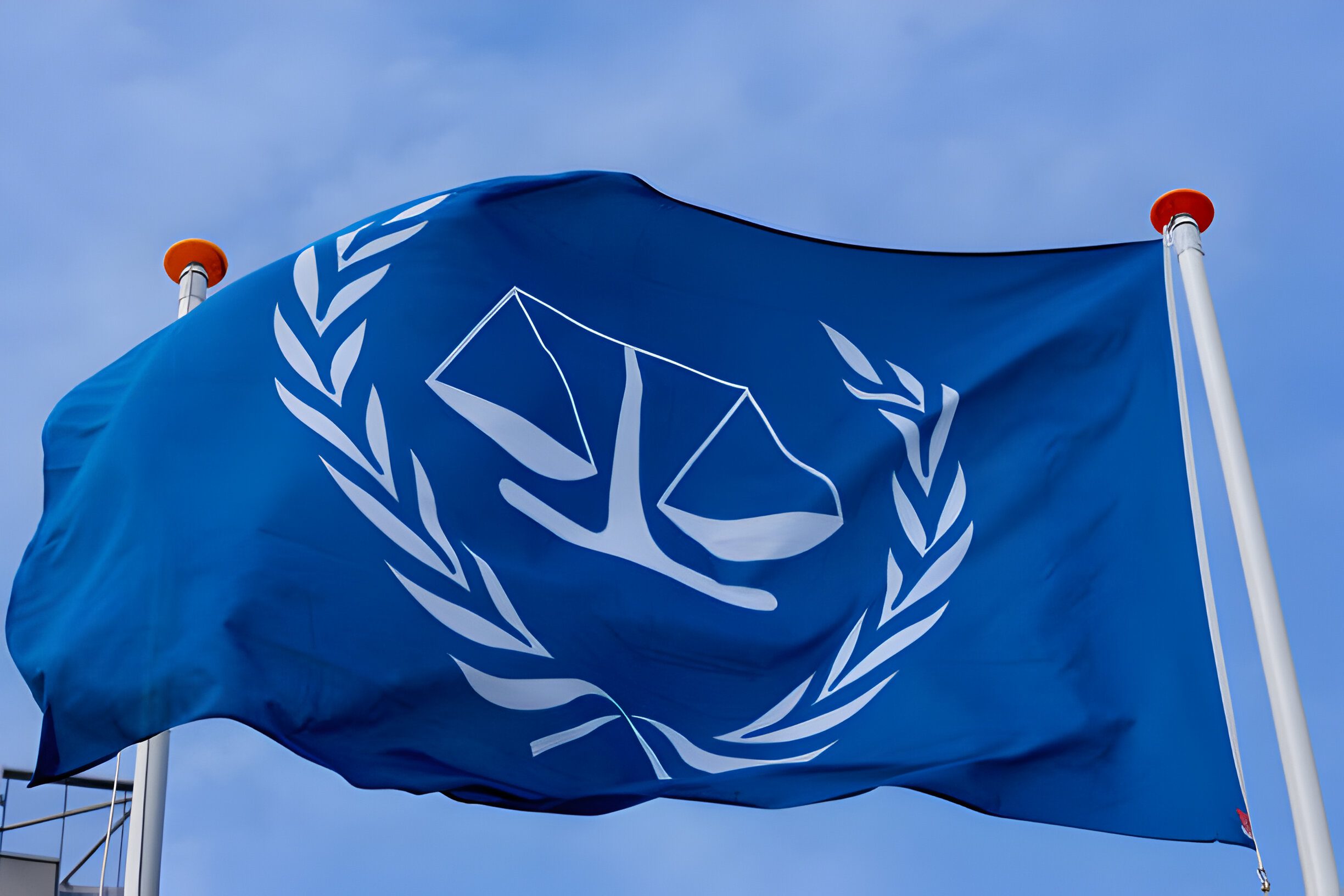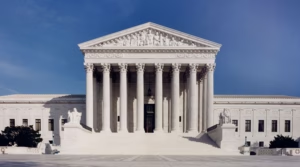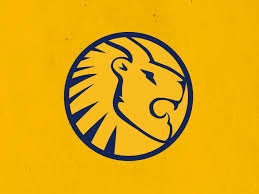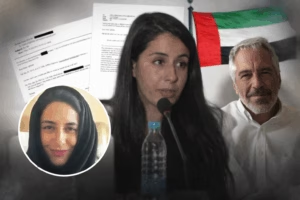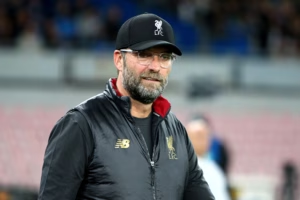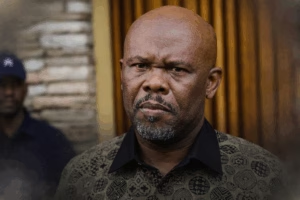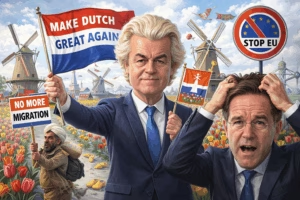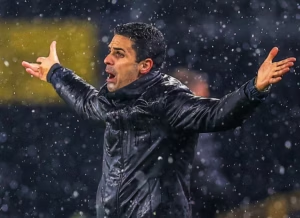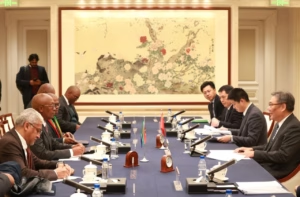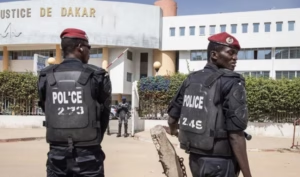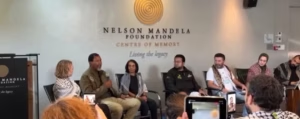The International Criminal Court (ICC) is reportedly on the brink of charging Israeli Prime Minister Benjamin Netanyahu and several high-ranking officials with war crimes, with arrest warrants possibly being issued within days, according to NBC News.
An Israeli official informed the American broadcaster that Prime Minister Netanyahu, Defense Minister Yoav Gallant, and various senior military personnel might soon face legal action. The source indicated that Israel is actively engaging through diplomatic avenues to forestall the issuance of these warrants.
Israeli Military and Officials Under Scrutiny
It has been reported by Israeli media outlets that among those potentially facing charges is Army Chief Herzl Halevi. However, the ICC has maintained its silence on the specifics of the report, stating only that it continues its independent investigation concerning the events in the State of
Palestine, without further elaboration.
Launched in 2021, this ICC investigation focuses on alleged war crimes committed not only by the Israeli military but also by Palestinian militant groups in the West Bank and Gaza. The inquiry dates back to the conflicts that erupted in 2014, marked by a significant confrontation between Israel and Hamas.
Separate Legal Challenges
This investigation by the ICC runs parallel to another significant legal matter involving Israel, currently before the International Court of Justice (ICJ). The latter case, initiated by South Africa, accuses Israeli forces of genocide and crimes against humanity related to their operations in Gaza against Hamas.
Both the ICC and ICJ are situated in The Hague, Netherlands. The ICC, established under the 2002 Rome Statute, prosecutes individuals for genocide, crimes against humanity, war crimes, and the crime of aggression. The ICJ, conversely, serves as a judicial arm of the UN, resolving disputes between states.
Implications of Potential Arrest Warrants
Should an arrest warrant be issued for Netanyahu, his physical presence in The Hague for a trial remains unlikely. Israel, along with nations like the US, Russia, and China, does not adhere to the Rome Statute nor recognize the jurisdiction of the ICC. Nonetheless, such a warrant could restrict Netanyahu’s international mobility, as he would risk arrest in any of the 124 nations that acknowledge the court.
In response to the looming threat of charges, Netanyahu strongly asserted Israel’s position last week. He emphasized Israel’s determination to protect its sovereign right to self-defense and rejected any ICC efforts perceived as undermining this stance.
“The threat to seize the soldiers and officials of the Middle East’s only democracy and the world’s only Jewish state is outrageous. We will not bow to it,” Netanyahu stated on X (formerly Twitter).
This development unfolds amid broader geopolitical tensions and raises significant questions regarding international law, diplomacy, and the limits of jurisdiction over national military actions.
Disparity in International Prosecutions: Netanyahu vs. Putin
The ICC recently made headlines when it issued an arrest warrant for Putin, citing war crimes related to the Ukraine conflict. This marked a significant move, as it is rare for sitting leaders of major global powers to be targeted by ICC prosecutions. The decision was both lauded and criticized, with supporters seeing it as a bold stand for justice, while detractors accused the court of selective justice and overstepping its boundaries, especially given that Russia, like Israel, does not recognize the ICC’s jurisdiction.
Now, as the ICC contemplates similar actions against Netanyahu for alleged war crimes linked to Israeli military actions in Gaza and the West Bank, questions of consistency and impartiality surface. Netanyahu’s potential charges stem from investigations into conflicts dating back to 2014, involving both the Israeli military and Palestinian militant groups.
The key point of contention here revolves around the perception of unequal treatment by the ICC. Critics argue that if the court can pursue high-profile charges against Putin, why then does it hesitate or delay similar actions against other leaders like Netanyahu? This perceived inconsistency fuels accusations of hypocrisy and geopolitical bias, suggesting that the ICC’s decisions might be influenced more by international politics than by the principles of justice.
Such cases highlight the complex interplay between international law and global diplomatic relations. They raise crucial questions about the effectiveness and neutrality of international judicial bodies, and whether true accountability is uniformly enforceable against powerful global figures. The broader implications for international justice and the enforcement of global norms remain areas of intense scrutiny and debate.

